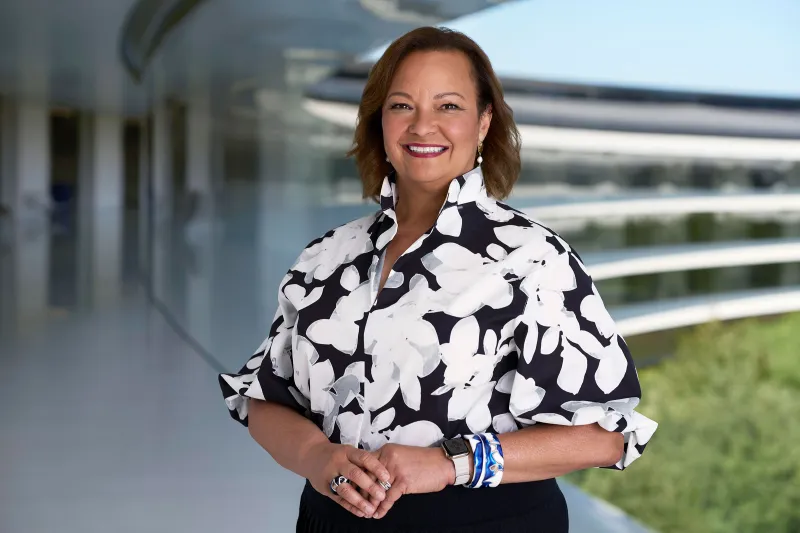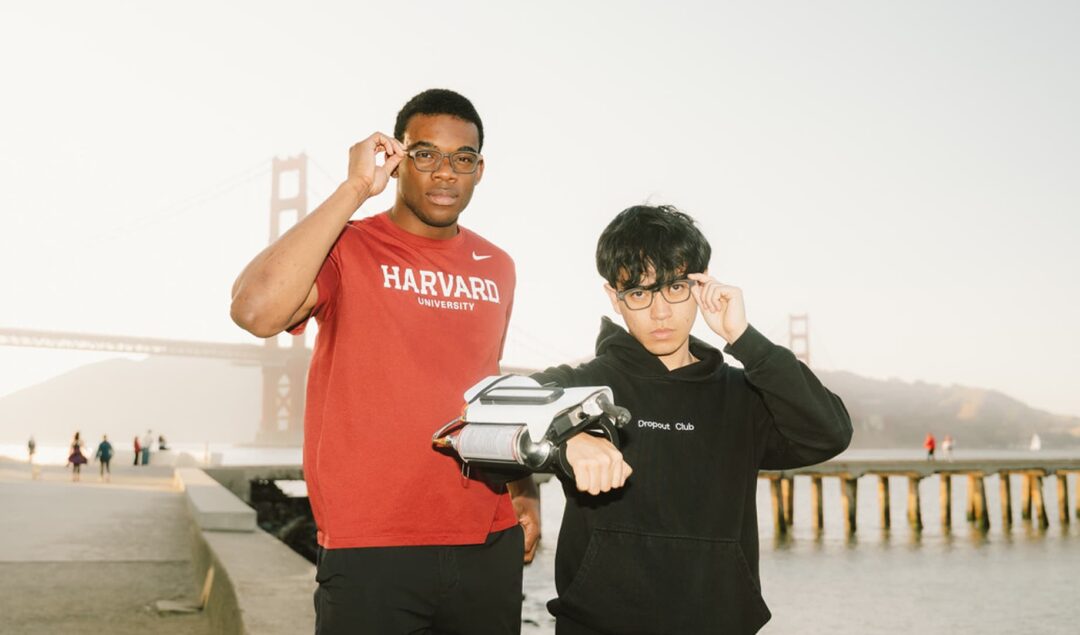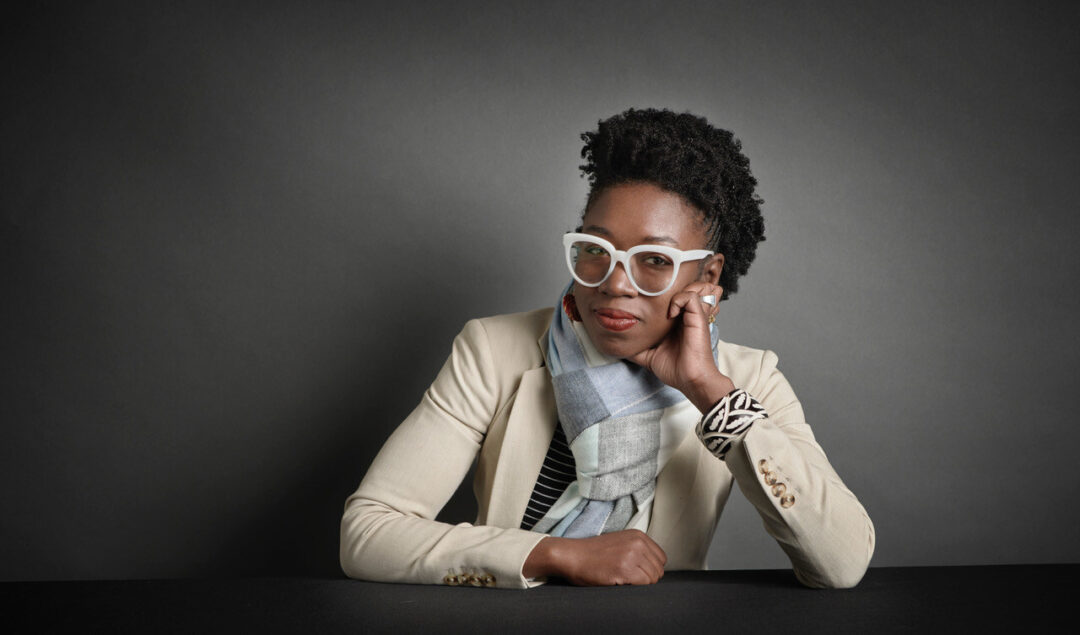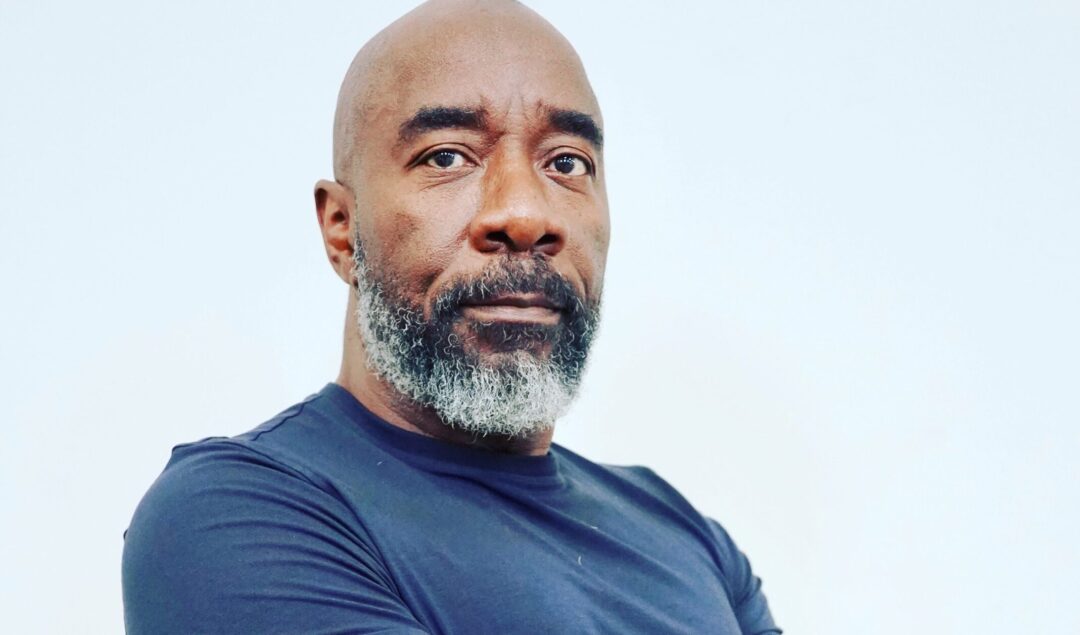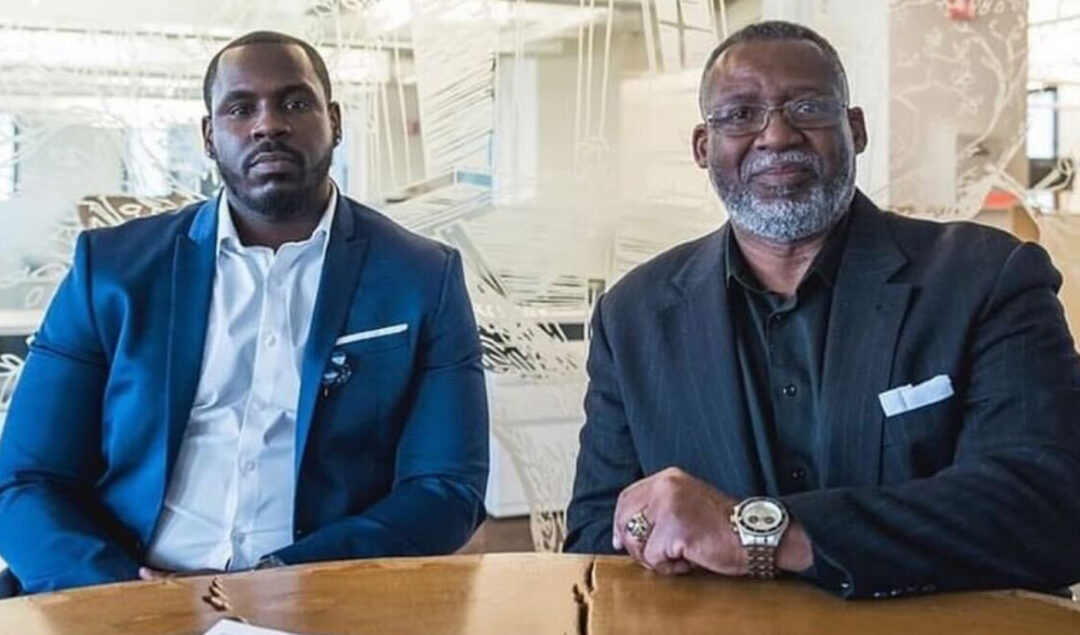Two Black women are leading rival robotaxi programs that could define the future of autonomous transportation in the US. Aicha Evans, CEO of Amazon subsidiary Zoox, and Tekedra Mawakana, co-CEO of Alphabet subsidiary Waymo, have been named to Forbes’ “Women to Watch in 2026” for their influence in one of tech’s fastest-moving sectors. Alphabet’s Waymo: Tekedra Mawakana Tekedra Mawakana, 54, has been co-CEO of Waymo since 2021, overseeing the company’s strategy and the commercial rollout of its autonomous driving technology. Before taking on the top job, she served as Waymo’s COO and previously held leadership roles at eBay, Yahoo, AOL,
Apple is undergoing its biggest leadership upheaval since the death of cofounder Steve Jobs, as a cluster of top executives head for the exits. Among them is Lisa Jackson, the company’s vice president of Environment, Policy and Social Initiatives, and one of the most visible Black women in Silicon Valley. On December 4, Apple announced that Jackson will retire in late January 2026, marking the end of more than a decade at Apple, which helped shape the company’s climate agenda and its public commitments to racial equity. Lisa Jackson’s Departure Apple will not replace Jackson with a
Crystal Brown has no background in biology. She studied political science and women’s studies at the University of Michigan. Yet she has raised $3.3 million for CircNova, her AI-powered biotechnology company developing new therapies using circular RNA. Since securing the seed funding earlier this year, the Detroit entrepreneur has split her time between Michigan and Boston, building partnerships with biotech heavyweights as she scales the company. An Unlikely Journey To Biotech Brown’s path to biotech began in Michigan’s automotive industry, where she was climbing toward an executive role. A friend’s introduction to a life
Emma Grede, founding partner of $5 billion shapewear brand SKIMS, has said workers have “no choice but to AI-proof our careers” at Axios’s BFD dealmaking summit in New York last week. The British-born entrepreneur has an estimated net worth of $405 million and has been recognized by Forbes as one of America’s richest self-made women for four years running. AI: It’s Do Or Die Grede, who also serves as SKIMs’ chief product officer and is the CEO and co-founder of Good American, says she sets aside time in her schedule to focus on AI. “I have what
Former Harvard students AnhPhu Nguyen and Caine Ardayfio have raised a $6.6 million seed round led by General Catalyst to develop Mira: audio-first smart glasses that “remember everything.” Described as a “second brain,” Mira designed to learn throughout your daily life and provide personalized, private insights. The Viral Moment That Started It All Nguyen and Ardayfio first drew widespread attention in September 2024 after an X video demonstrating their hacked Meta Ray-Ban smart glasses went viral. In the demo, the pair used facial recognition tools and public data sources to
Barclays is hiring on POCIT. Oyindamola (Dammy) Lawal, Partnerships Execution Lead for Barclaycard Payments, plays a key role in shaping the strategic collaborations that power Barclays’ expanding payment technology. Working at the intersection of innovation and relationship-building, Lawal’s ultimate goal is to grow the bank’s payments partnerships across the UK and Europe. He spoke with POCIT about building a thriving career at Barclays that leaves the door open for others. Tenacity Meets Opportunity “My journey has been a mix of tenacity and good fortune,” Lawal tells POCIT. “My career with
The Legal Defense Fund (LDF), the nation’s first civil rights law organization, has appointed Dr. Joy Buolamwini, founder of the Algorithmic Justice League and author of national bestseller Unmasking AI, to its Board of Directors. As AI tools proliferate across policing, hiring, lending, education, and healthcare, civil rights advocates warn that their built-in biases could disproportionately harm Black communities. LDF says Buolamwini’s expertise in algorithmic accountability will be key to guiding the organization’s response to these emerging tech-driven civil rights challenges. A Leading Voice on Algorithmic Justice Buolamwini founded the
When Hurricane Melissa tore through Jamaica with 195 mph winds on October 28, it claimed dozens of lives, knocked out electricity, and disrupted water supplies for half a million people. But in Accompong, a remote Maroon community in the mountains of Cockpit Country, clean water has continued to flow thanks to a solar-powered atmospheric water generator. A Solar-Powered Atmospheric Water Generator As the Category 5 storm collapsed power grids and water systems across the island, Accompong’s self-sustaining water generator continued pulling humidity from the air and turning it into nearly 400 gallons of clean, drinkable water each
Oscar-winning actor Morgan Freeman is taking legal action against companies and individuals who have replicated his iconic voice and likeness without his permission. His stance comes amid growing concerns in Hollywood over the use of AI to create deepfakes and synthetic replications without consent or compensation. Morgan Takes Legal Action Against Unauthorized AI In a recent interview with The Guardian, Freeman made his position clear: “I’m a little PO’d, you know. I’m like any other actor: don’t mimic me with falseness. I don’t appreciate it, and I get paid for doing stuff like that, so if you’re gonna do it without me, you’re robbing
Space Continuum, a Black-owned design and innovation firm, is partnering with German robotics leader NEURA Robotics. The partnership aims to bring next-generation humanoid robots to North America to help tackle workforce shortages. Founded by industry veteran John Johnson, Space Continuum is best known for blending physical space design with emerging technologies. The firm’s portfolio includes projects at Rush University Medical Center, the University of Chicago, and the Barack Obama Presidential Library. Robots designed to collaborate with humans With this new partnership, Space Continuum aims to tackle workforce shortages and operational


